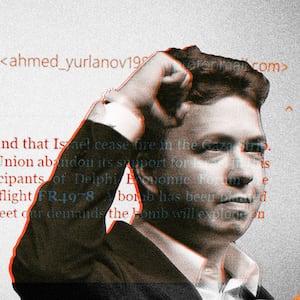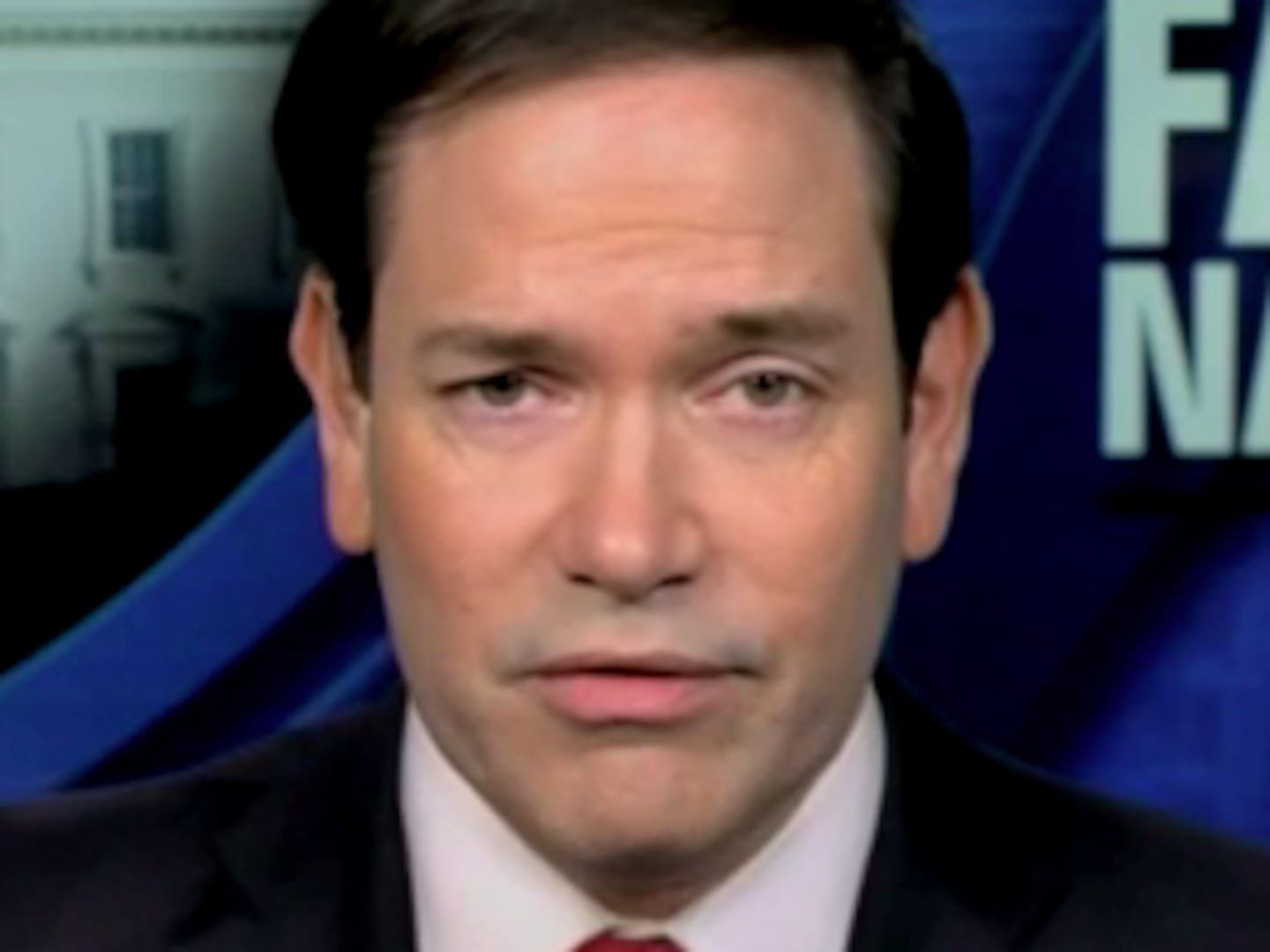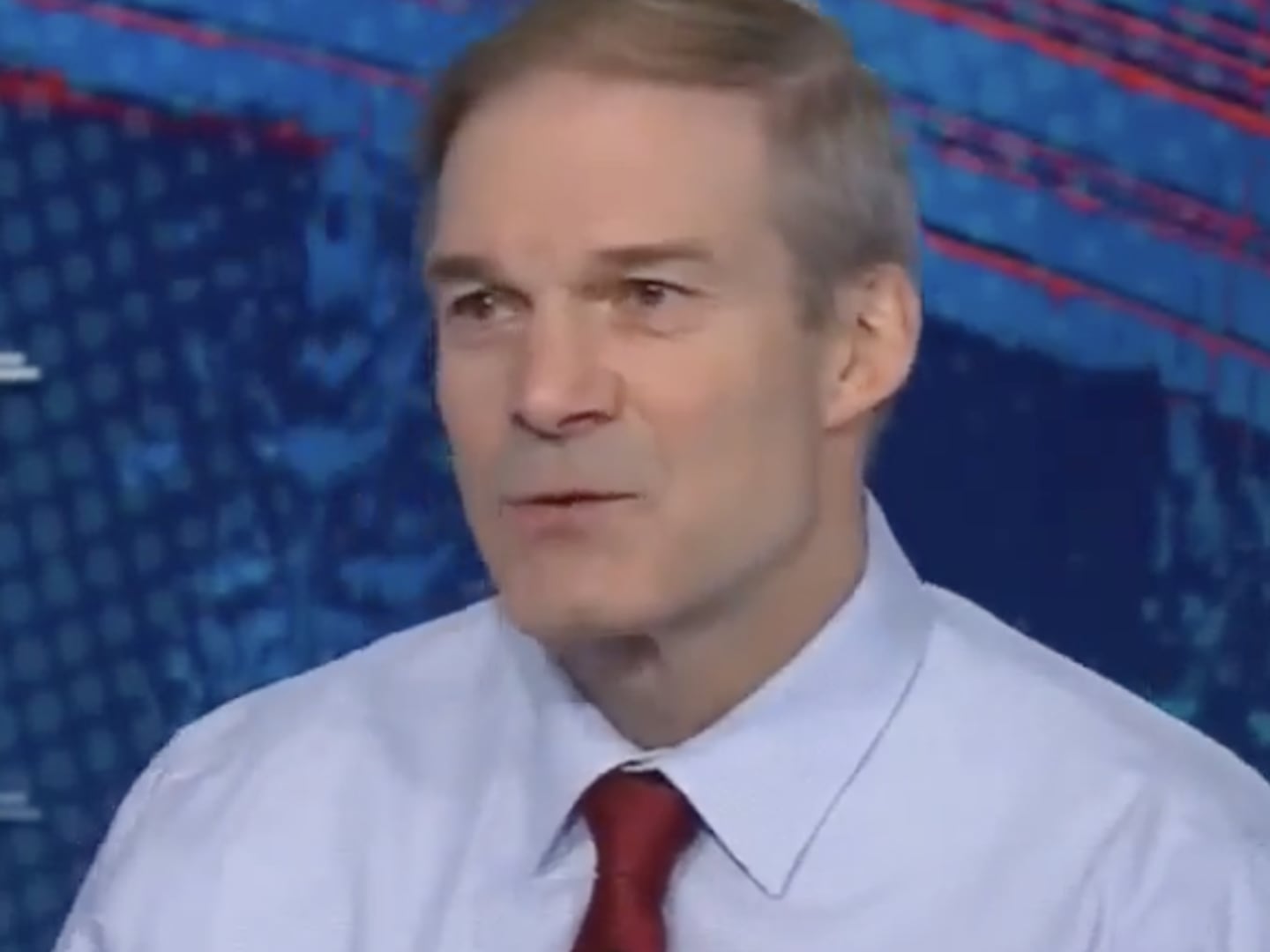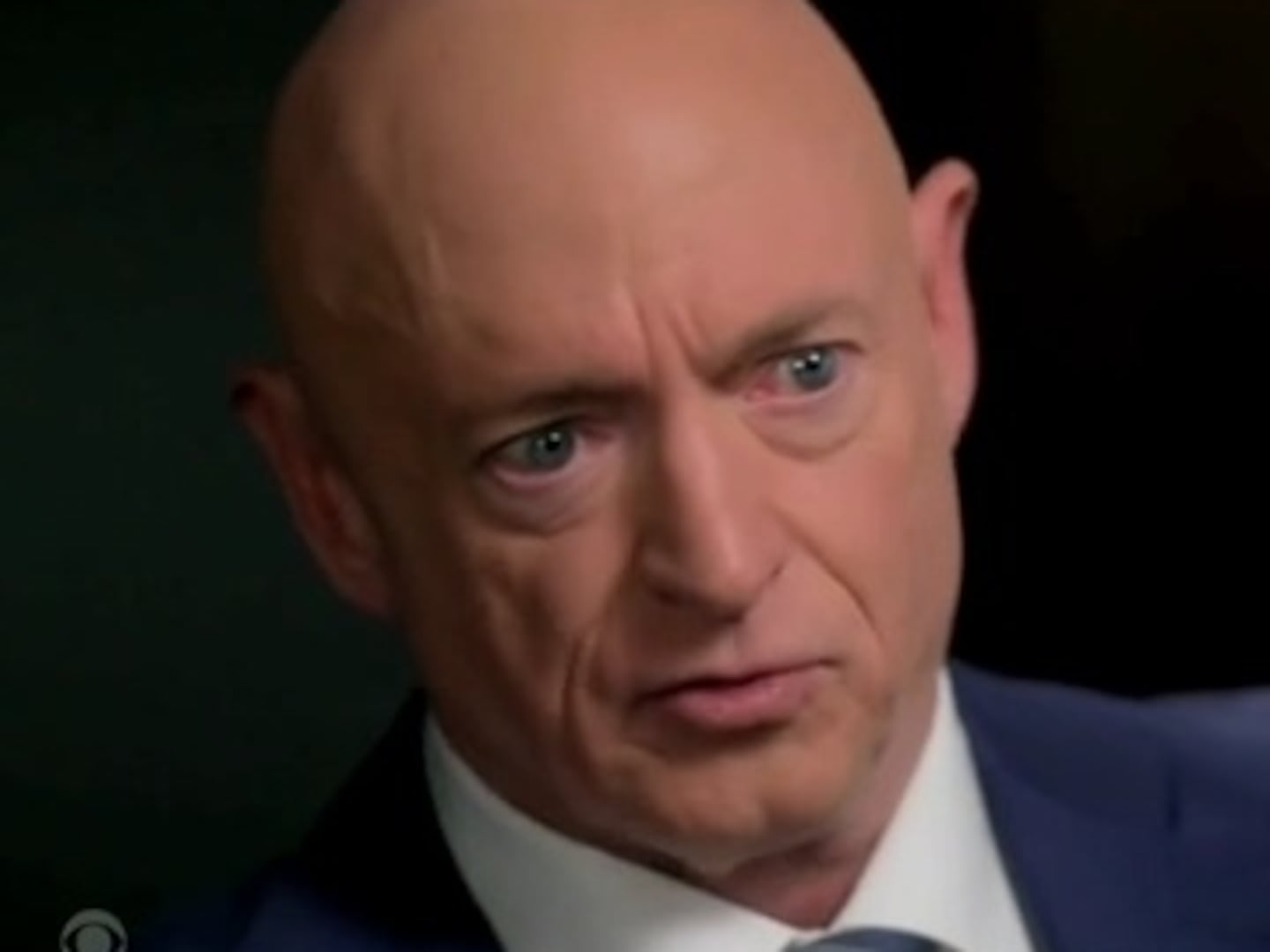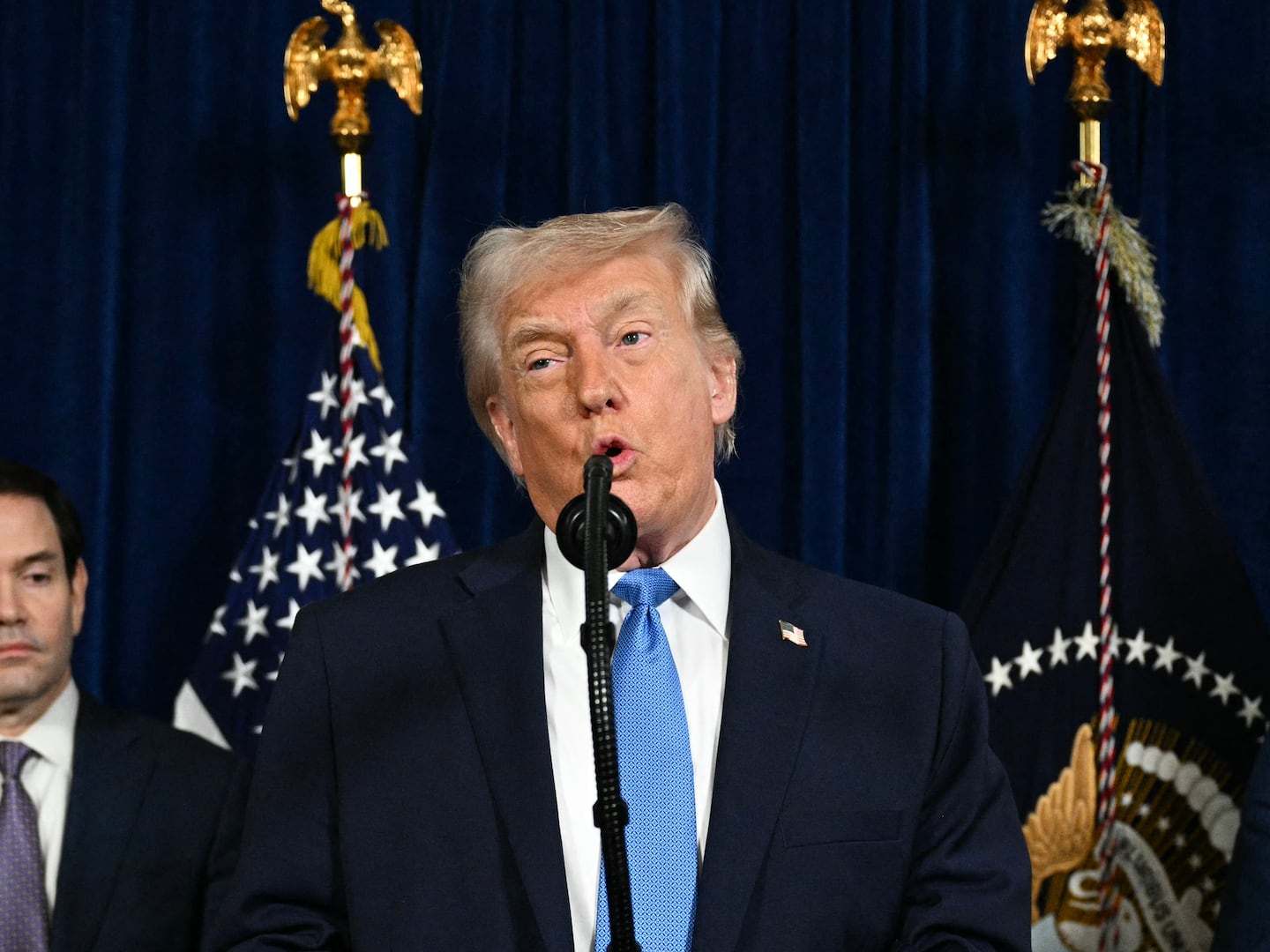MOSCOW—A brutal new wave of repression began in Belarus on Wednesday after Europe’s last dictator traveled to St. Petersburg to get President Vladimir Putin’s blessing.
Starting at 7 a.m., police stormed the homes and offices of dozens of organizations fighting a rearguard action to defend democracy and a free press.
Police interrogated journalists and local and international human rights defenders, and they confiscated archives, computers, and cell phones all across the country in the cities of Minsk, Grodno, Oksha, and Brest.
On the eve of the “cleansing” operation, the Belarusian dictator of more than 25 years suddenly arrived in Russia to complain to Putin about the “bastards” from pro-Western NGOs. “We are going to chase every one of them down, find them and punish them; we are seriously working on all these NGOs, Western media, who have presented us with democracy but in fact, they planted terror here,” Lukashenko told Putin. “You are informed, of course, and should understand that we cannot treat these disgusting 1,500 NGOs in a different way—1,500, it turns out, they’ve been clearly financed from abroad.” Unusually, the Kremlin’s video of the meeting featured only Lukashenko, so Putin’s immediate reaction was unclear, but he did nothing to stop the massive crackdown in Russia’s neighboring state.
The groups targeted included the Belarusian Association of Journalists, the center of economic research, Beroc, human rights groups including Gender Perspective, and the Belarusian Helsinki Committee, as well as several other local and international organizations.
Viasna, another of the groups raided, is a non-governmental human rights group which partners with several well-respected international groups, including Amnesty International and the Washington-based Institute for Democracy in Eastern Europe. “We will not stop our human rights activities,” Viasna said in a statement afterward.
The meeting between Lukashenko and Putin was their fourth this year alone. In May, they met in Sochi to discuss Russia providing Belarus with $500 million in credit. But the latest meeting was not on the official agenda.
The Kremlin released only a few details of the 5-hour conversation at Putin’s luxurious residence in St. Petersburg, Konstantinovsky Palace. Observers both in Minsk and Moscow were trying to figure out the real reason behind Lukashenko’s visit. “There is no doubt that Lukashenko came to ask Putin for money, since he is running out of cash for his police and KGB. Lukashenko realizes that at this point nobody else but Russia is going to give him money,” Pavel Marinich, the head of Zubr civil group exiled in Lithuania, told The Daily Beast on Wednesday.
Last month, the European Union in coordination with Canada and the United States introduced economic sanctions against Belarus in response to Lukashenko's order to hijack an international flight and arrest two of its passengers, online activist Roman Pratasevich and his girlfriend. The latest sanctions target 78 Belarusians linked to Lukashenko, as well as the president’s son and his wife. They also blacklisted key producers and exporters, damaging the country’s economy.
“Lukashenko visits Putin not just to sail on a yacht or ski but mostly to ask for Russia’s economic support for Belarus,” political analyst Artem Shraibman said on TV Rain on Tuesday. “There are lots of secrets about how big this financial aid is, in exchange of what favors it is paid for, we neither know any details about the capacity of the credit line nor of its terms.”
There has been speculation that Belarus may accept greater control from Moscow, or even a political union in exchange for the bailout.
Last week, the Belarusian Association of Journalists released a statement, demanding the authorities would “stop destroying freedom of speech in Belarus.” They called for more than 25 Belarusian journalists, including 15 reporters of Tut.by, a popular news website, to be released from prison.
Instead of letting them go, the authorities responded by exerting even more pressure on civil society. They blocked the website of one more major publication, Nasha Niva, and interrogated its employees. Police arrested one of the leading human rights defenders, Valentin Stefanovich, on Wednesday afternoon; interrogators came to Johannes Rau Center, IBB Minsk, a Belarusian- German educational organization established in the mid-1990s. The organization’s goal has been to educate the public about “the past, awareness of responsibilities, opportunities for quality of future generations’ quality of life.”
During his rule, Lukashenko has been throwing thousands of his critics behind bars, including most presidential candidates. Last week, a court sentenced one of the key Lukashenko opponents, former presidential candidate Viktor Babariko, to 14 years in prison on corruption charges.
The neighboring Baltic country, Lithuania, accuses Lukashenko of organizing an immigration crisis on the EU border. “Lukashenko has sent more than 1,500 Kurdish, Iraqi, and Afghan migrants to Lithuania, which is just nuts—he realizes that Europe would respond with another package of sanctions but continues to cause problems, becoming a serious geopolitical threat for the West,” Marinich told The Daily Beast. “Moscow should realize that Lukashenko is a walking timebomb.”


